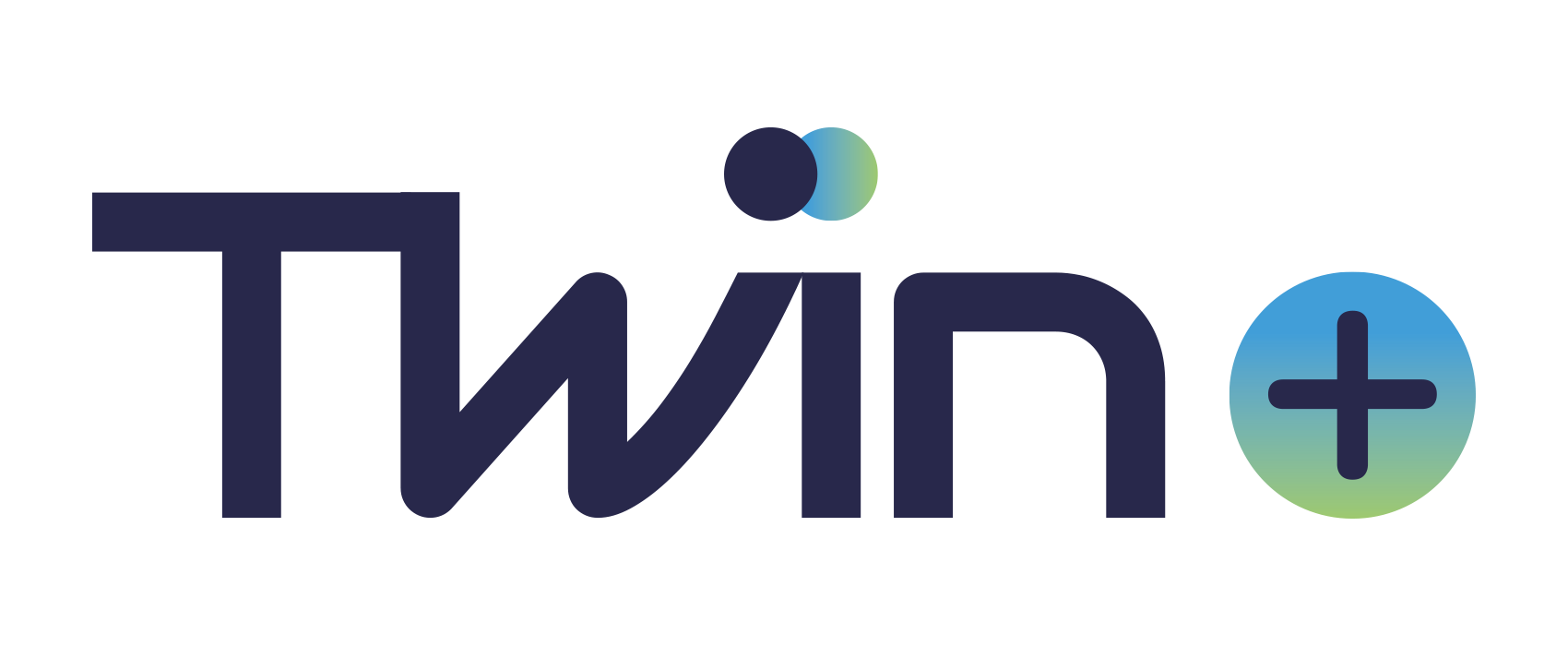CESI - Development of advanced interaction for remote control and mission authoring of autonomous robots through XR digital twin (XRDT) (F/H)
Type de poste:
Stage
Description
Joining LINEACT at CESI for a research internship would be a fantastic opportunity to contribute to innovative projects while deepening my skills in a cutting-edge environment focused on digital transformation and Industry 4.0.
Research proposal:
Context:
The explosion of robotics and its uses has led robot manufacturers to develop their own programming software to equip their machines with intelligence capabilities. However, these programming environments suffer from certain limitations: they are very often proprietary and therefore not open to access the lower layers of programming. To overcome these constraints, robotic middleware appeared in the early 2000s. The concept is simple: the robotic middleware is a software overlay, installable on an existing operating system (Linux or Windows type), which contains generic tools and libraries to facilitate programming of robot intelligence capabilities (Sahni, Cao and Jiang, 2019). Despite these middlewares, programming of robotic missions is still not very accessible to the uninitiated. This is the framework in which this project positions FUSION; the main objective is to democratize the use of robotics, especially with the introduction of XR for the design of robotic missions via the digital twin.
In this context and within the framework of its research on digital twins, virtual reality and robotics, the CESI LINEACT laboratory conducts research activities on human-systems interfaces allowing to edit business procedures, training content or virtual reality robotic missions (Richard et al., 2021; Havard et al., 2023). In addition, the first works have made it possible to architect the NEURONE framework allowing remote control.
Objectives:
The objectives of this internship focus first on integrating and comparing existing interactions within the FUSION project. Then, the evolution of the work in collaboration with CONSCIENCE ROBOTICS will require to design and develop new functionalities in XR such as: integration of 360° camera visualization, definition of the mission of recognition and reading elements of a remote scene. To ensure the quality and non-regression of developments, the candidate will have to implement unit tests and formally validate functionalities. The proposed developments will be integrated into the NEURONES Framework, implemented at the LINEACT laboratory, and connected to the API implemented in the Conscience Robotics environment. This work will be based on the future industry platform present at the CESI Rouen campus and its digital twin. A proof of concept integrating one of the robotic components of the platform (mobile robot or robotic arm) or micro learning factory will be studied during the internship.
Context:
Presentation of the laboratory:
CESI LINEACT (UR 7527), Digital Innovation Laboratory for Businesses and Learning at the service of Territorial Competitiveness, anticipates and accompanies technological changes in sectors and services related to industry and construction. The historical proximity of CESI to companies is a determining factor for our research activities and has led us to concentrate efforts on applied research close to the company and in partnership with them. A human-centred approach coupled with the use of technologies, as well as territorial networking and links with training, have made it possible to build transversal research; it puts the human being, its needs and uses, the centre of its problems and approaches the technological angle through these contributions.
Its research is organized in two interdisciplinary scientific teams and two application fields.
Team 1 "Learning and Innovation" is mainly responsible for the Cognitive Sciences, Social Sciences and Management Sciences, Training Sciences and Techniques and Innovation. The main scientific objectives are to understand the effects of the environment, and more particularly situations instrumentalized by technical objects (platforms, prototyping workshops, immersive systems...) on learning processes, creativity and innovation.
The team 2 "Engineering and Digital Tools" is mainly responsible for Digital Sciences and Engineering. The main scientific objectives are modelling, simulation, optimization and analysis of cyber-physical systems data. Research work also covers related decision-support tools and the study of human-systems interactions, particularly through digital twins coupled to virtual or augmented environments.
These two teams develop and cross-link their research in the two application areas of Future Industry and City of the Future, supported by research platforms. The one in Rouen is dedicated to the Factory of the Future and those of Nanterre dedicated to the Factory and the Building of the Future.
Skills Required:
Technical Skills:
- Object-oriented programming skills
- Proficiency in Unity - C#, especially for virtual or augmented reality applications
Soft Skills:
- Autonomy, initiative, and curiosity
- Teamwork and interpersonal skills
- Rigor
Bonus at 15% of the Social Security hourly ceiling.
Starting date: February 2025
Internship - 6 month
Full time
Remote working not available
Starting on 03/02/2025
According to profile
80 avenue Edmund Halley Rouen Madrillet Innovation, 76800 Saint-Étienne-du-Rouvray, France
URL de l'offre:
https://cesirh.talentview.io/jobs/gmvq4z?source=linkedin

